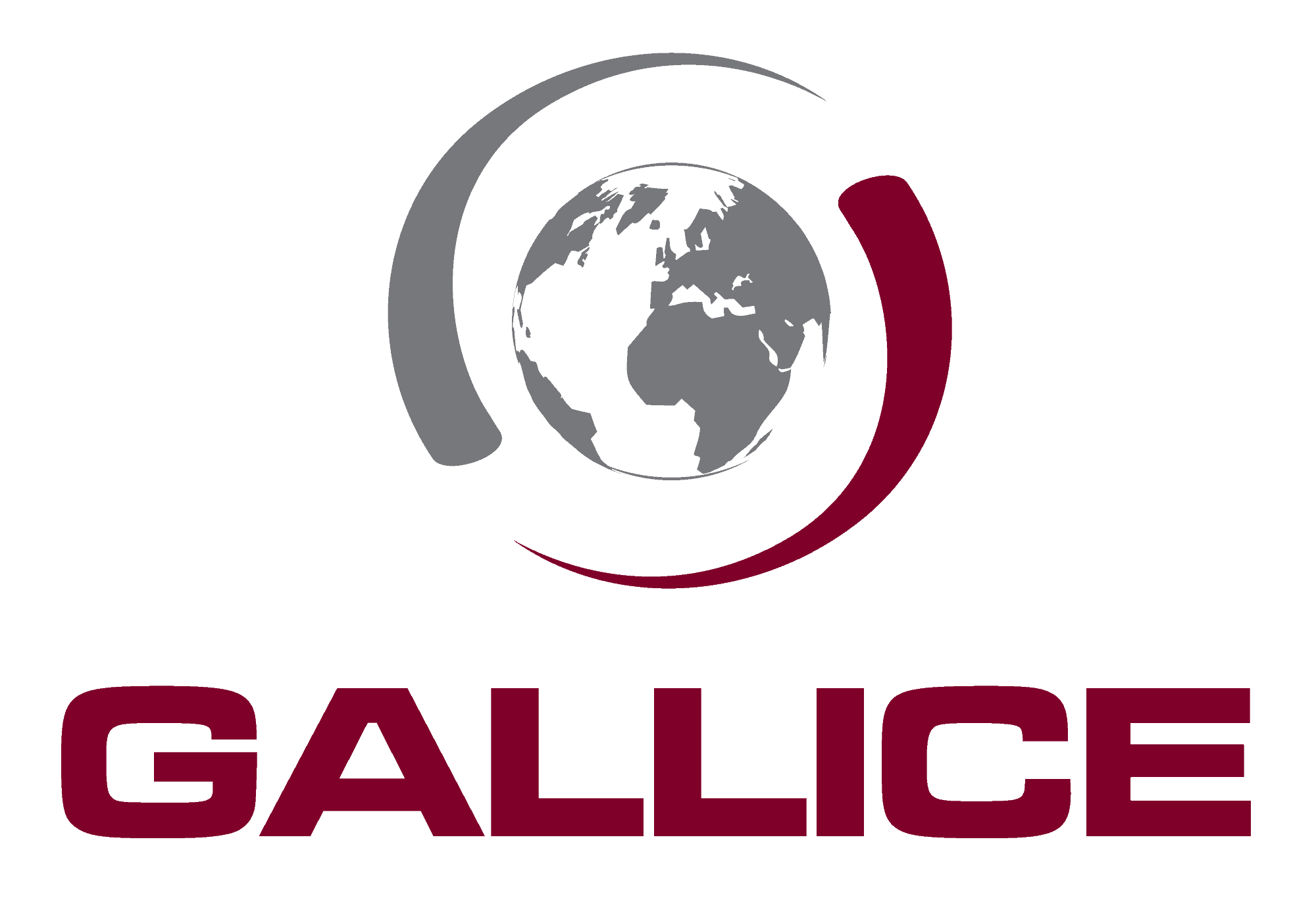EGYPT
In 2025, Egypt remains an authoritarian state ruled with an iron grip by President Abdel Fattah al-Sisi, re-elected for a third term in December 2023. The regime continues to exert tight control over political life, the media, and civil society. Repression of opponents, journalists, and human rights activists continues, despite a few symbolic releases aimed at improving the country’s international image. NGOs must operate under close surveillance and within a highly restrictive legal framework.
The security situation remains generally stable in major urban centres (Cairo, Alexandria, Luxor, Aswan), which are under constant surveillance by security forces. However, several areas of tension persist.
In North Sinai, jihadist cells affiliated with the Islamic State (Wilayat Sinai) continue to launch sporadic attacks against the armed forces. Although their capabilities have declined since 2020, the region remains formally inadvisable to visit, and military operations are ongoing.
At the border with Gaza and Israel, the ongoing war between Israel and Hamas since late 2023 has led to renewed tensions. Egypt plays an active diplomatic role in mediation efforts, but the influx of wounded and displaced Palestinians into the Rafah area is creating growing humanitarian and security pressure. The risk of cross-border incidents and regional radicalisation is real.
In the Western Desert, arms trafficking and smuggling networks persist near the Libyan border. The army regularly carries out surveillance and interception operations in the area.
In urban environments, risks for foreigners are mainly linked to common crime (theft, scams, sexual harassment), particularly in tourist-heavy areas. Large-scale scams targeting foreign visitors are reported in certain souks, hotel zones, and archaeological sites.
Protests are rare and swiftly dispersed by security forces. Public space is heavily monitored, and any criticism of the government can result in prosecution. In this context, any form of mobilisation — including humanitarian or associative initiatives — may be perceived as political activism.
Economically, Egypt is going through a financial crisis exacerbated by inflation, foreign debt, and the devaluation of the Egyptian pound. The country remains heavily reliant on IMF support and financial aid from Gulf states (Saudi Arabia, UAE). Despite investments in megaprojects (such as the New Administrative Capital and the expansion of the Suez Canal), inequalities are deepening and living conditions are deteriorating for much of the population.
Security conditions are relatively good at major tourist sites, which are under high surveillance, but heightened vigilance is still advised. Travel to North Sinai, the Western Desert, and the Libyan border is strongly discouraged.
